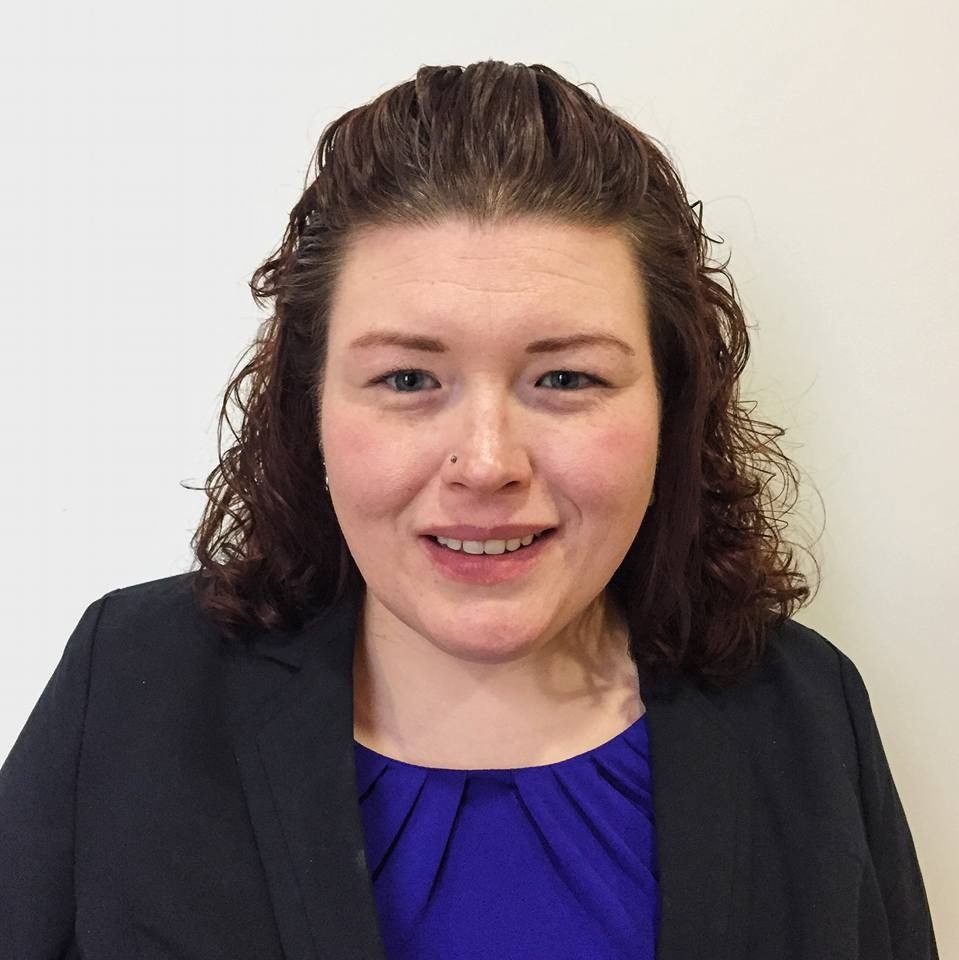We arrive at Apartment 309 breathless from the sprint up two flights of stairs, carrying our full complement of equipment: the 40-pound backpack with an oxygen tank and one of every item we might conceivably need on a call; the 50-pound cardiac monitor; and the 10-pound tackle box containing the paramedic’s full formulary of drugs. We find four firefighters already in the living room, huddled around the woman slumped on the couch. She is still breathing, moaning softly, but barely conscious and completely unresponsive to our questions. My paramedic partner pinches the woman’s right shoulder in an attempt to rouse her, but the woman merely groans.
The floor is carpeted yet tacky beneath our boots. As we attend to the patient, we’re careful to squat and not kneel, reluctant to get these questionable substances on the uniforms that we need to wear for the remainder of our 12-hour shift. The apartment is a mélange of acrid smoke, unwashed hair, long-abandoned socks, expired food. Every receptacle is overflowing: the trash can, the ashtrays, the laundry hamper. There are no sheets on the bed, a single lumpy mattress flung on the floor of the adjacent room. The pallet on which this patient sleeps has the ochre-colored outline of a body in repose, an accumulation of months of sweat and tears and dead skin cells and other effluence. I wish that I had time to throw aside the ratty blanket covering the windows so that we could get a whiff of fresh air and a beam of sunshine in the room, but there’s no time for housekeeping.
Her mascara is likely several days old, uneven and smudged. One of her front teeth is missing. She is pock-marked by insect bites and her own obsessive scratching. She looks 45 but could be two decades younger. We do a cursory dig through her purse, an unzipped backpack, the side table, the kitchen counters. She has no credit or debit cards, no state or federal ID cards. She doesn’t borrow from the public library or scout for discounts at the local supermarket. She doesn’t have a driver’s license or a bus pass. We’re wondering how she feeds her stomach and her habit, but we don’t have time to unpack that suitcase of mystery.
The fire lieutenant explains that the patient had tossed a hamburger patty into a small frying pan on the stove, then plopped down on the couch to “shoot up and get high.” In her polypharmacological stupor, the hamburger patty had turned slowly into a hockey puck. The fire alarm went off, alerting the neighbors and the management of the apartment building to the flaming meat. The Fire Department raced to the scene, battered down the door, and blasted the charred hamburger patty with a chemical extinguisher before it ignited the piles of trash on the countertops and floor. The woman had barely registered the arrival of the firefighters in their full turnout gear, bashing in the door and popping it off its hinges.
We administer Narcan, 1 mg in each nostril according to our protocols. As her oxygenation increases, she slowly gains lucidity and motor function. With her increasing alertness comes combativeness, though: she still cannot formulate sentences, but she thrashes and kicks, flails and shudders. My partner and I take long scraps of linen and bind her ankles and hands together, cautiously hopeful that she won’t attempt to take a swing at us.
In moments such as these, it’s easier to think of myself as a sort of intraspecies zookeeper, as the caretaker of another sub-category of human completely unlike myself in every way. Many medics believe that it’s easier to do this job if you imagine yourself as patently different from your patients, if you develop a self-identity and a personal mission statement that places you in a position of moral and intellectual superiority: I am someone who makes good life choices and communicates appropriately with others and demonstrates good judgment with relationships. I have a duty to care for others as Christ has commanded, but she’s not like me. I’m tidy and law-abiding and emotionally grounded. I’m better.
But I’m just not.
We pin her arms to her sides and tie her to the gurney, for our own safety and hers, but I can’t help but think about all the other ways in which my patient has spent much of her life breaking free from restraints – sociological, emotional, and otherwise. The slow accumulation of a thousand circumstances, some fully within our grasp and others far beyond it, have led this woman and I to this place, at this moment. Our mistakes, our triumphs, our sorrows and our strengths have brought us to this point of confluence. Unlike those of my patient, my sins have resulted in a series of missteps that are either socially acceptable or easy to hide in a shroud of respectability. Through a blessed mix of social privilege, family support, God-given aptitude, community resources, and/or the grace of others, I’ve been able to rise above my sins in ways that have not indelibly marked me. The same can’t be said for my patient – but she and I are fully equal in the eyes of God. Really.
Jesus is very clear about this: if you have a nice car (or two), a nice house (or two), a nice degree (or two), a nice family, and a nice job, don’t think too much of yourself. Our measures of success are socially constructed, but theologically there’s not much difference between us – law-abiding, gainfully employed, positive contributors to society – and these “junkies.” God doesn’t make distinctions between sinners.
She could be your daughter or your sister – or you.

Rebeka Fergusson-Lutz is the Coordinator of Youth Ministry at Third Presbyterian Church in Rochester, New York, and also a certified EMT (Emergency Medical Technician). After teaching high school English and ESL for several years, she is now preparing for full-time professional ministry at the Colgate Rochester Crozer Divinity School.






Unbound Social